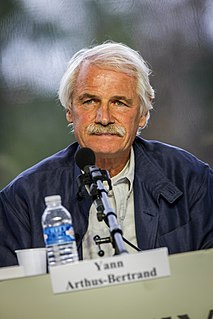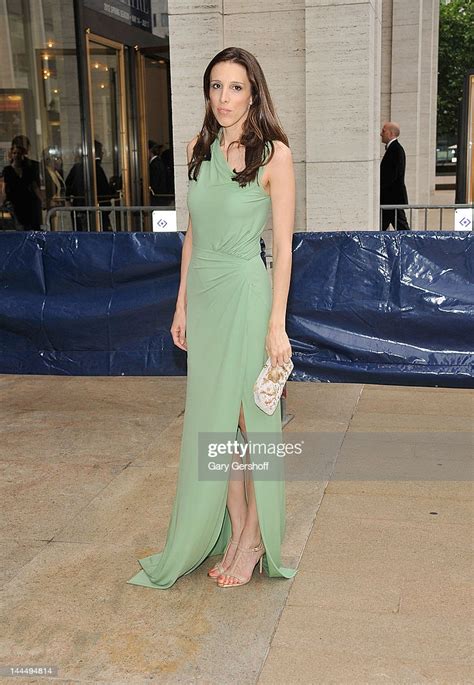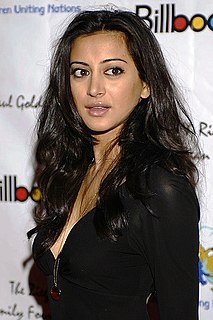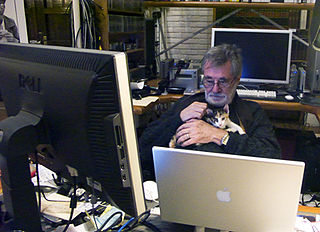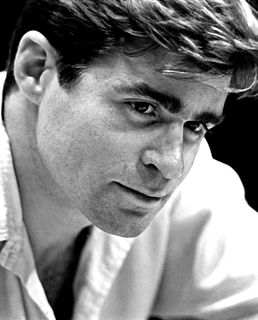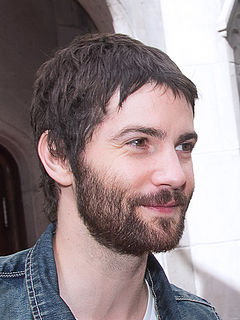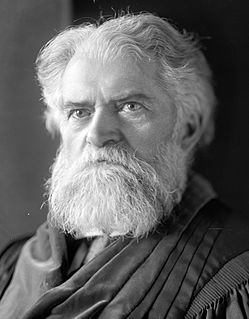A Quote by Yann Arthus-Bertrand
For me, an aerial picture is no different than a close-up portrait. It's a question of framing and angle. Helicopters are great for that. But I've also used planes. Of course, I always have a harness.
Related Quotes
Yet each of us also carries another portrait with us, a picture far more important than any in our wallet. Psychologists have a name for it. They call that mental picture of ourselves, our self-image. ... there's always the person whose self-image is bent all out of shape, like a photo carried too long in a wallet.The good news of the tremendous worth we have in God's eyes can light up our inner self-portrait.
To do a portrait today, I decide how close I can get to my subject. First, of course, mentally or intellectually, then in the viewfinder. Music cues the subject and me when to shoot. The music played during a photography session is most important - stimulating to the subject and to me. As in a film, the music builds or becomes quiet, romantic; just one note sets the actor up to emote for his audience. I want a reciprocal portrait, not a bureaucratic one
My pieces usually are programmed on concerts in which the other works are standard repertoire. My music always sounds very different when it's on a concert of all contemporary music. It always seems to stick out at an odd angle. This also makes me think of a question I sometimes debate with my friends: does the music of a composer directly reflect that composer's personality? This is a difficult one, but I think it usually does.
There are different gradations of personhood in different poems. Some of them seem far away from me and some up close, and the up-close ones generally don't say what I want them to say. And that's true of the persona in the poem who's lamenting this as a fact of a certain stage of life. But it's also true of me as me.
Before, the myth of photography doesn't lie was used in order to cover up tricks. If I [make a] portrait [of] you, accommodate you, illuminate you, put make up on you or use a filter, am I not manipulating reality? The only difference is that now I can do it from the computer in the postclick instead of the preclick. If I decide to photograph something instead of something else, I also manipulate reality. Of course a photograph can lie or commit abuse, but it always could.
I thought everyone would be familiar with this figure: if I'd studied a thing in school I assumed it was general knowledge. I hadn't yet discovered that I lived in a sort of transparent balloon, drifting over the world without making much contact with it, and that the people I knew appeared to me at a different angle from the one at which they appeared to themselves; and that the reverse was also true. I was smaller to others, up there in my balloon, than I was to myself. I was also blurrier.
British actors come at acting from a slightly different angle. Because a lot of the films are cast out there, they are so used to the angle from which the Americans, and certainly the young guys from L.A., are coming at it, that I think it's interesting for them to find these English actors who maybe approach acting from a different place.
The mathematician of to-day admits that he can neither square the circle, duplicate the cube or trisect the angle. May not our mechanicians, in like manner, be ultimately forced to admit that aerial flight is one of that great class of problems with which men can never cope... I do not claim that this is a necessary conclusion from any past experience. But I do think that success must await progress of a different kind from that of invention.
British actors come at acting from a slightly different angle. Because a lot of the films are cast out there, they are so used to the angle from which the Americans, and certainly the young guys from LA, are coming at it, that I think it's interesting for them to find these English actors who maybe approach acting from a different place.
When the planes still swoop down and aerial spray a field in order to kill a predator insect with pesticides, we are in the Dark Ages of commerce. Maybe one thousandth of this aerial insecticide actually prevents the infestation. The balance goes to the leaves, into the soil, into the water, into all forms of wildlife, into ourselves. What is good for the balance sheet is wasteful of resources and harmful to life.
